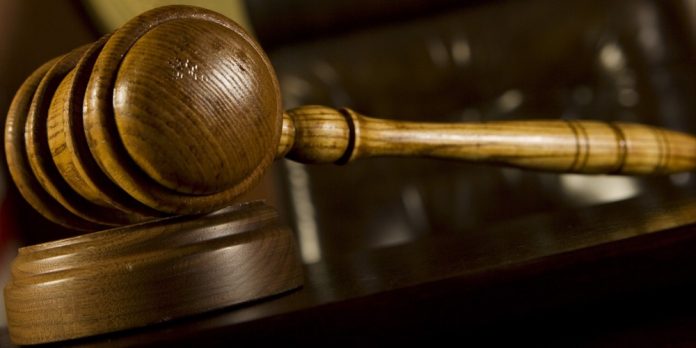Bright Enterprises Private Ltd & Vs. MJ Bizcraft LLP & Anr
Introduction
This was a landmark judgment passed by Delhi High Court while interpreting Order 13A of the Civil Procedure Code (‘CPC’) which deals with Summary Judgment Proceedings. This order is to the point, and making procedure crystal clear, lacuna of the law is filled by this judgment.
In this case, suit was dismissed by single judge at the very early stage invoking the provisions under Order 13A of the Civil Procedure Code. Delhi High Court reversed the order and cautioned the judiciary not to take hasty decisions while disposing off the cases as it may lead to denial of justice.
Facts-
- The plaintiff instituted the suit against the defendants for permanent injunction and restraining infringement of trade mark, passing off, dilution of goodwill, unfair competition, and rendition of accounts. Major cause was infringement of trademark.
- Both the parties were in hotel business and the claim of plaintiff was that they use MBD PRIVE or PIVE for luxury wing of hotel and the defendant used the deceptively same mark PRIVEE for the night club in their hotel.
- That the plaintiff filed suit against defendant for permanent injunction, infringement under section 29 of Trademarks Act, passing off and damages of Rs,1 crore.
- This suit was dismissed by the learned single judge at the stage of admission without even issuing summons by relying on Dr Zubair Ul Abidin v. Sameena Abidin @ sameena Khan that where in a case there is no chance of success matter can be dismissed at any stage whenever courts find it.
- The suit was dismissed by learned Single Judge by relying on the provisions of Order XIIIA of the CPC which gives procedure by which any commercial dispute may be decided by courts without recording oral evidence.‖
- It was the argument of counsel of appellant that before a summary judgment under Order XIIIA CPC, there must be an application by the plaintiff or the defendant. Without that such provision cannot be invoked.
- It was also argued that the impugned judgment was liable to be set aside on the ground that it was delivered at a stage even before the issuance of summons and without there being any application for summary judgment.
- For invoking provision under Rule 2 of Order XIIIA CPC, application for summary judgment is necessary, and such application can be made only after service of summons on the defendant.
Issues involved
- Whether a judge can be the witness in a case before him?
- Can Order 13A of the Civil Procedure Code be invoked by judge on his own at any stage without any application?
Judgment Delivered-
- Regarding the first issue Divisional Bench held that the Judge could not become witness in a case before him without giving opportunity of to the appellants for rebuttal of the same. Judge has made observations and returned certain findings based on his own research, which should not be done.
- That without giving any opportunity of rebuttal (or cross-examination) to the Plaintiffs/Appellants judge himself became a witness, which was a wrong practice.
- It was held that a court may feel that the case is weak but that is not a ground for throwing out the suit without giving the Plaintiff an opportunity for proving and establishing its case.
- Regarding the second issue division bench of J.Badar Durez and J. Ashutosh Kumar held that learned single judge has gone wrong in invoking the powers under Order XIIIA CPC. This power can only be exercised upon an application made by either party for summary judgment.
- It was held by DB that for summary judgment it is important to proceed with the provision after the service of summons and prior to framing issues in the suit by the Court of law.
- The division bench rejected the argument made by respondent that the court had suo moto power to disposing of the case summarily. It observed that even if court had such power, court would be able to exercise this only during this time frame/window.
- The Division Bench also held that in the CPC the principle of audi alteram partemthere and thus it is not optional at the instance of the Court to issue summons when a particular suit has been duly instituted.
- The bench also made a brief comment on the court’s concern with too much pendency of cases. It is a problem for the judicial system to contend with, no doubt about it. But, that is not the concern in the case of individual litigant who is coming to court for seeking justice. In our over zealousness to dispose cases, our endeavour must never be to deny justice to anyone.
- On the basis of reasons mentioned above the appeal was allowed and the impugned judgment was set aside by the divisional bench of high court. The original suit was restored and its judgment was erroneous hence not sustained at all.
- No order was made as to costs.





